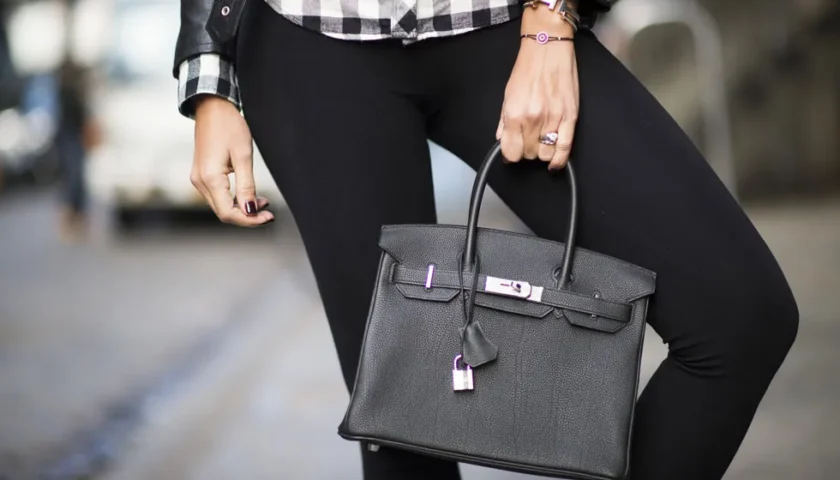Introduction: In the realm of fashion and luxury, France has long been synonymous with elegance, sophistication, and timeless ccfranceshop. Paris, in particular, is celebrated as the fashion capital of the world, with its haute couture houses, prestigious brands, and a legacy that stretches back centuries. However, nestled within this world of opulence and glamour is a persistent issue that has been gaining notoriety over the years: the production and sale of counterfeit luxury goods, colloquially known as “copycat France.”
The World of Counterfeit Luxury Goods
Counterfeit luxury goods, or knockoffs, have existed for as long as high-end fashion itself. But the modern era has seen an alarming growth in this shadow industry. With the ease of online shopping and improved production techniques, counterfeiters have become more skilled at replicating luxury items, making it increasingly challenging for consumers to distinguish genuine products from fakes.
Copycat France, despite the name, is not exclusive to the country. It’s a global issue, but France is a prime target due to its reputation as a luxury powerhouse. The bustling streets of Paris and its celebrated shopping districts like the Champs-Élysées and Le Marais are often hotspots for counterfeit merchandise. These imitations range from clothing and accessories to perfumes and even wine.
The Impact of Copycat France
- Economic Consequences: Counterfeit luxury goods pose a significant threat to the economy. It’s estimated that this industry results in billions of dollars in lost revenue for legitimate luxury brands. This not only affects the brands themselves but also has broader implications for the French economy.
- Damage to Brand Reputation: Counterfeit products can tarnish the image and reputation of established luxury brands. When consumers unknowingly purchase fake items, they may associate subpar quality or unethical practices with the legitimate brand.
- Legal and Ethical Concerns: Counterfeiting is illegal and unethical. It supports criminal networks, often involving money laundering and other illegal activities. Law enforcement agencies and governments worldwide have been cracking down on counterfeit operations.
Combatting Copycat France
Luxury brands and governments are taking proactive measures to combat the counterfeit industry:
- Intellectual Property Protection: Luxury brands invest heavily in protecting their intellectual property rights through trademarks, copyrights, and patents. They pursue legal action against counterfeiters and those involved in the production and distribution of counterfeit goods.
- Public Awareness: Luxury brands often run public awareness campaigns to educate consumers about the risks associated with counterfeit products. These campaigns aim to empower buyers to make informed choices.
- Enhanced Border Control: Governments and law enforcement agencies are tightening controls at borders and ports to intercept counterfeit goods before they reach the market. This includes international collaborations to curb the flow of fake luxury items.
- Online Marketplaces: E-commerce platforms are under increased pressure to monitor and remove listings of counterfeit goods. Brands and consumers can report such listings to facilitate their removal.
- Authentication Services: Some luxury brands offer authentication services for their products. This can include QR codes, holograms, or databases where consumers can verify the authenticity of their purchases.
Conclusion
Copycat France is a persistent issue that impacts not only luxury brands but also consumers, economies, and even national security. The fight against counterfeit luxury goods requires a collective effort from governments, law enforcement agencies, luxury brands, and consumers.
While the allure of owning a piece of luxury fashion is undeniable, consumers must remain vigilant. It’s essential to buy from reputable sources, educate oneself about product authenticity, and be aware of the ethical and legal implications of purchasing counterfeit items. In this ongoing battle against counterfeit luxury goods, the hope is that consumers will eventually be able to trust in the authenticity of their luxury purchases, ensuring that the true elegance and craftsmanship of French luxury endure.

